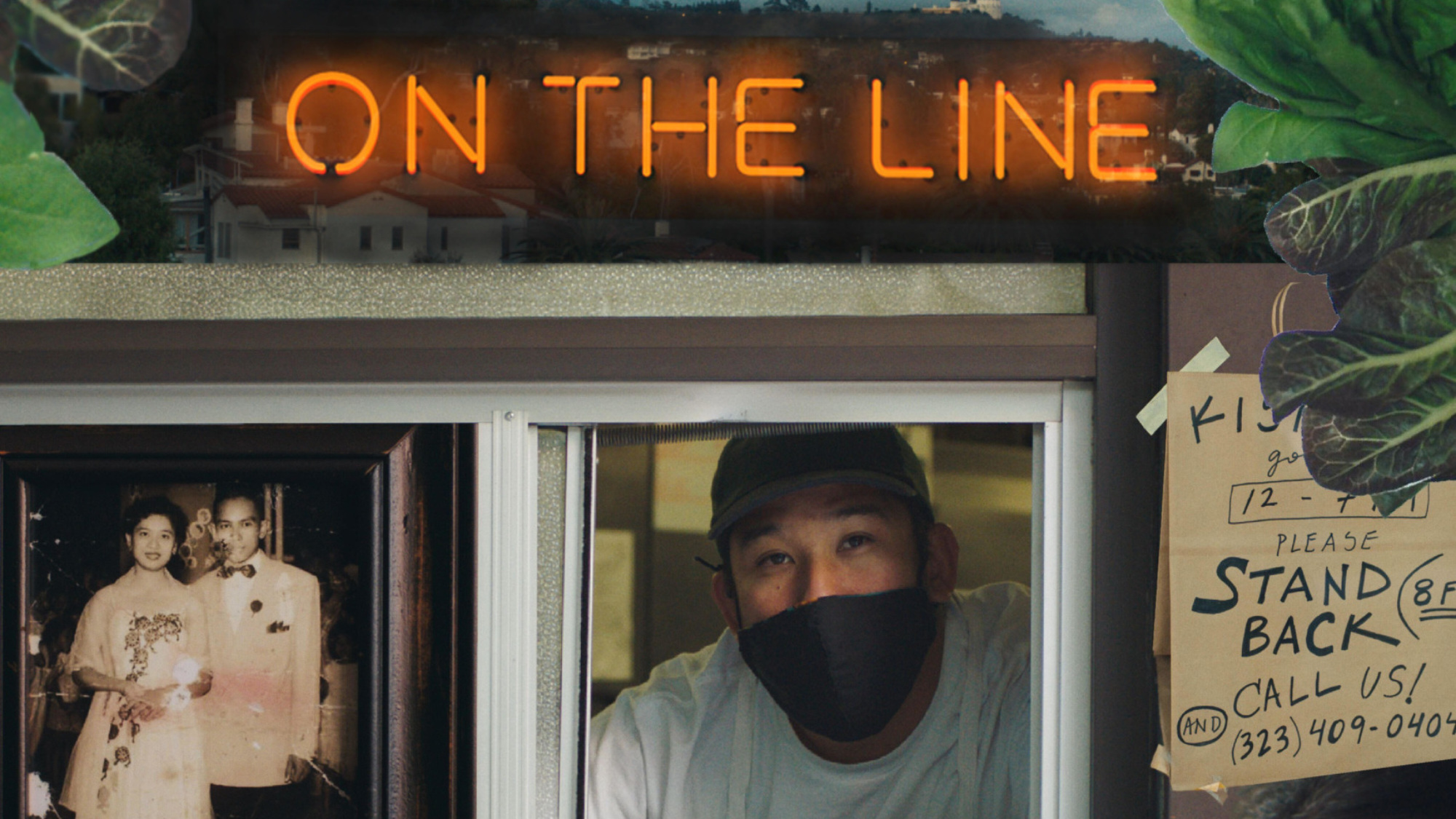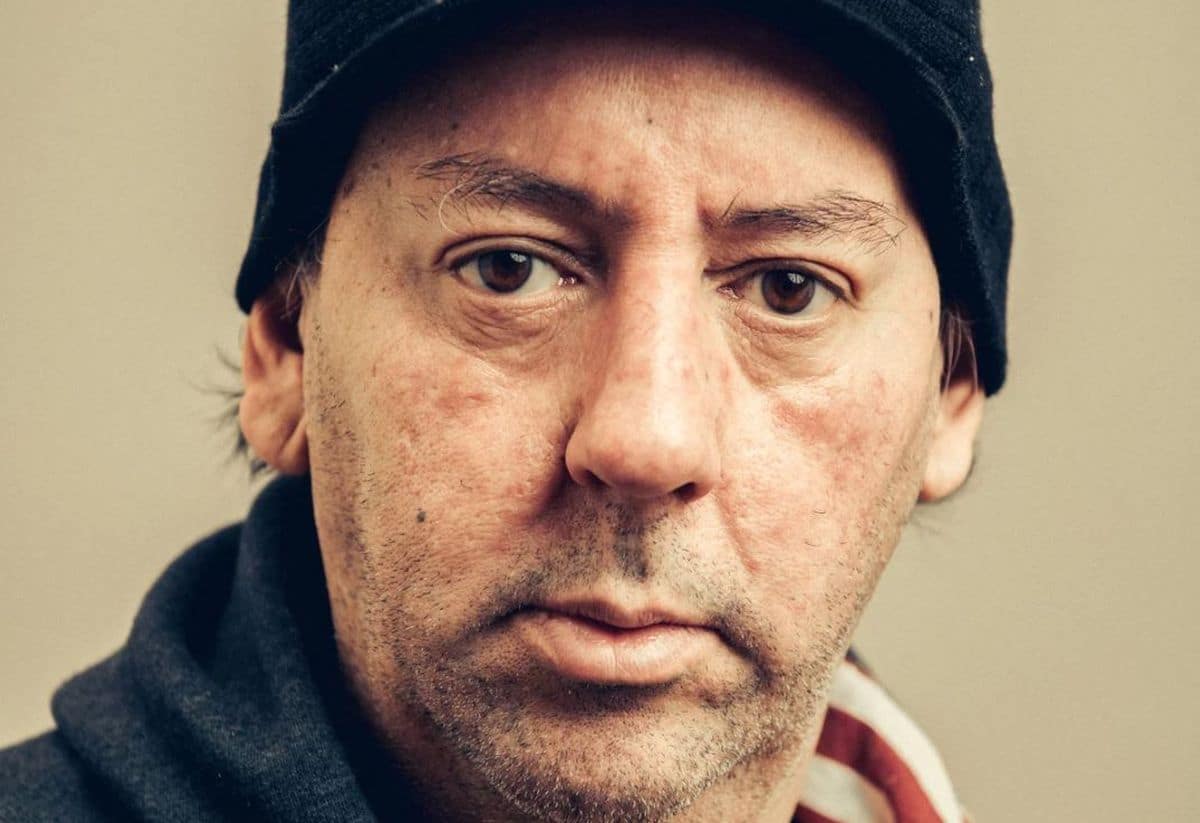Through a special partnership with Resy, the online dining reservation site, the LA-based media studio Crimes of Curiosity produced a series of short documentary films exploring how their city’s small restaurants have been affected by — and adapted to — the recent COVID-19 crisis.
Each of the four films follows a similar narrative: after first meeting the quirky and endearing personalities behind each business, the pandemic hits and the public health “safer at home” order comes down, and we are confronted with the existential economic threat that the shutdown represents to a small neighborhood business. But after these initial two minutes, the narrative becomes more upbeat, as we learn about the creative and inspiring ways these small entrepreneurs adjust, learning to respond and to reshape their workflows and markets in real time.
While not downplaying the very real economic effects of this crisis, the stories are uplifting, both individually and as a group: across the city, in very different neighborhoods, small businesses and neighbors are helping each other and extending a sense of generosity to support their employees, their communities, and the health-care and essential workers of the city; motivated by both necessity and a desire to do more, small restaurants are nimbly reinventing their core business models; people are helping people, and humanity — despite the many setbacks — is responding to fear, loss, and danger with an abundance of life, love, art, caring, and resilience (and, of course, delicious food…!).
You can watch all four films for free online at https://blog.resy.com/2020/08/on-the-line/, where you will also find tips for ways to support these businesses and others as we continue to reel from the effects of the pandemic.






